Pranay Reddy Samala
Scoring Black-Box Models for Adversarial Robustness
Oct 31, 2022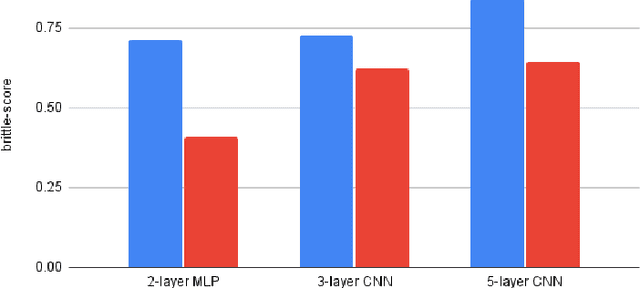
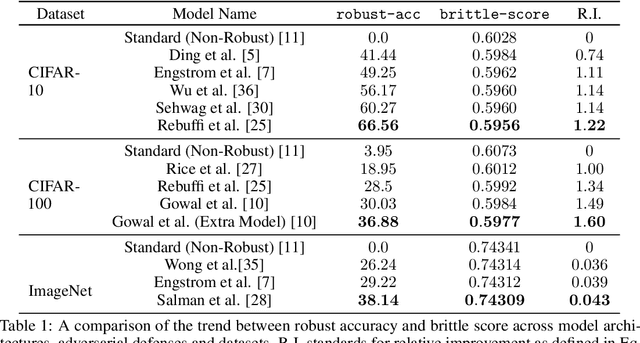
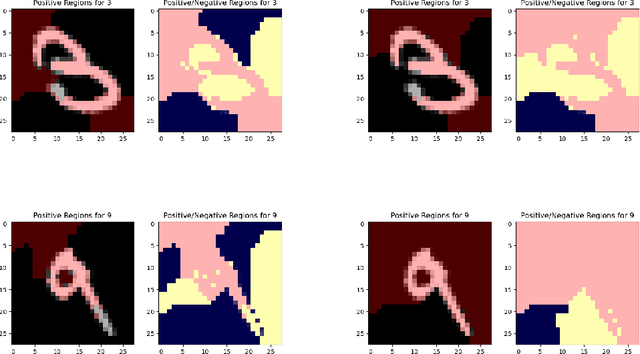

Abstract:Deep neural networks are susceptible to adversarial inputs and various methods have been proposed to defend these models against adversarial attacks under different perturbation models. The robustness of models to adversarial attacks has been analyzed by first constructing adversarial inputs for the model, and then testing the model performance on the constructed adversarial inputs. Most of these attacks require the model to be white-box, need access to data labels, and finding adversarial inputs can be computationally expensive. We propose a simple scoring method for black-box models which indicates their robustness to adversarial input. We show that adversarially more robust models have a smaller $l_1$-norm of LIME weights and sharper explanations.
SpliceOut: A Simple and Efficient Audio Augmentation Method
Oct 13, 2021
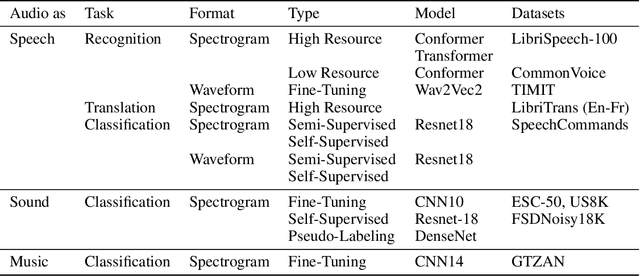

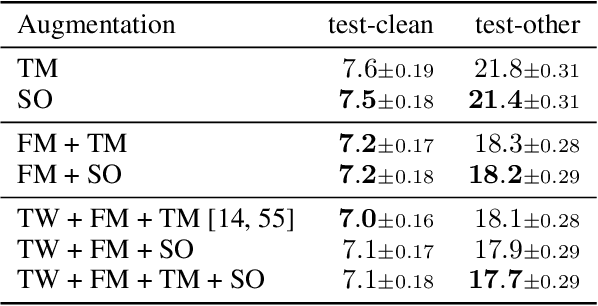
Abstract:Time masking has become a de facto augmentation technique for speech and audio tasks, including automatic speech recognition (ASR) and audio classification, most notably as a part of SpecAugment. In this work, we propose SpliceOut, a simple modification to time masking which makes it computationally more efficient. SpliceOut performs comparably to (and sometimes outperforms) SpecAugment on a wide variety of speech and audio tasks, including ASR for seven different languages using varying amounts of training data, as well as on speech translation, sound and music classification, thus establishing itself as a broadly applicable audio augmentation method. SpliceOut also provides additional gains when used in conjunction with other augmentation techniques. Apart from the fully-supervised setting, we also demonstrate that SpliceOut can complement unsupervised representation learning with performance gains in the semi-supervised and self-supervised settings.
 Add to Chrome
Add to Chrome Add to Firefox
Add to Firefox Add to Edge
Add to Edge